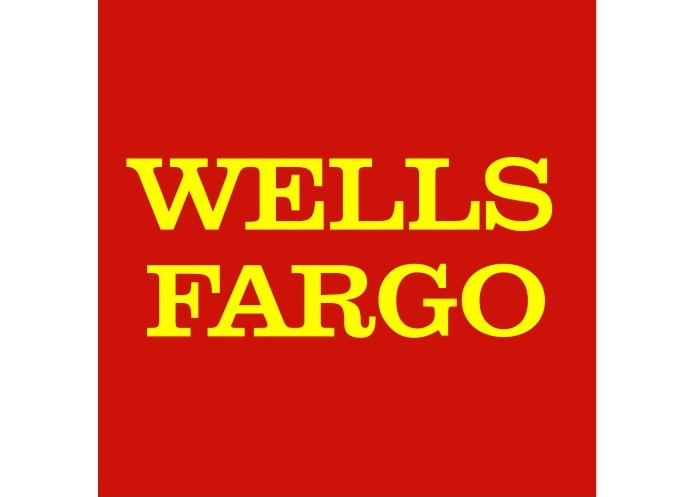Wells Fargo & Co. (NYSE: WFC) has many things going for it. First is that its premium to book value is an indication that it has the least amount reshuffling to do in the new regulatory environment regarding trading and derivatives. Second is that it is a multibillion holding of Warren Buffett and is his largest holding. And a third thing is that the bank is among the most profitable, as well as among the largest banks out there with over $1.5 trillion in assets. Still, there is one other hidden gem of $30 billion inside Wells Fargo that no other bank can claim — it has had the most successful stock buyback plan of all major banks.
An obscure research report from Nomura’s Bill Carcache highlights how some banks have done extremely well and some have done very poorly in their efforts to buy back stock. Again, Wells Fargo is the hands down winner. Its implied profits from buyback efforts going back to 1999 has led all peers.
Carcache said that Wells Fargo is among the banks that created economic value through their repurchase programs that exceeded earnings per share growth handily. He also expects that Wells Fargo’s buyback program can help to continue delivering value to shareholders.
The Nomura report maintains that Wells Fargo has paid $39.9 billion in repurchasing its common shares. The value of those shares now is a whopping $69.5 billion. That creates a phantom profit of some $29.6 billion, or $30 billion if we round up.
Nomura tallied up the dividend liability savings that this gave the bank, and that is another $9.1 billion in dividend-related savings. This generated an approximate internal rate of return of the Wells Fargo buyback program of a whopping 10.1%.
ALSO READ: Six Banks With the Best Stock Buyback Programs
So, if we consider the dividend savings of more than $9 billion and the phantom profit of $29.6 billion from its repurchased common shares in the buyback, we are at a tally of $38.7 billion. That isn’t exactly a bad history by any means.
Carcache also said:
Although the shares that Wells Fargo (and M&T and PNC) issued to complete M&A deals during the financial crisis increased their share count, we believe the deals they completed have created significant economic value and look favorably on the issuance of shares to complete transactions in situations like these.
Now, there are a couple other things to consider. Wells Fargo’s market cap is a massive $269 billion, and its dividend yield is currently 2.8%. This bank has also increased its target return of capital plan via share buybacks and dividends. Lastly, Wells Fargo is currently the least likely of all the major banks to be restricted by the Federal Reserve on what it can do with its extra capital, so you can be sure that even better returns of capital for shareholders are coming down the pipe.
ALSO READ: Five Banks With the Worst Stock Buyback Programs
What investors have to recall is that repurchased shares are retired shares, or so-called treasury stock. We think it is unlikely that Wells Fargo (or any other major bank) will embark on any serious acquisition in the next decade. The banks are all just too big and fall under the “too big to fail” umbrella now. Still, how many banks can claim a phantom profit of anything close to this size?
Take Charge of Your Retirement: Find the Right Financial Advisor For You in Minutes (Sponsor)
Retirement planning doesn’t have to feel overwhelming. The key is finding professional guidance—and we’ve made it easier than ever for you to connect with the right financial advisor for your unique needs.
Here’s how it works:
1️ Answer a Few Simple Questions
Tell us a bit about your goals and preferences—it only takes a few minutes!
2️ Get Your Top Advisor Matches
This tool matches you with qualified advisors who specialize in helping people like you achieve financial success.
3️ Choose Your Best Fit
Review their profiles, schedule an introductory meeting, and select the advisor who feels right for you.
Why wait? Start building the retirement you’ve always dreamed of. Click here to get started today!
Thank you for reading! Have some feedback for us?
Contact the 24/7 Wall St. editorial team.



